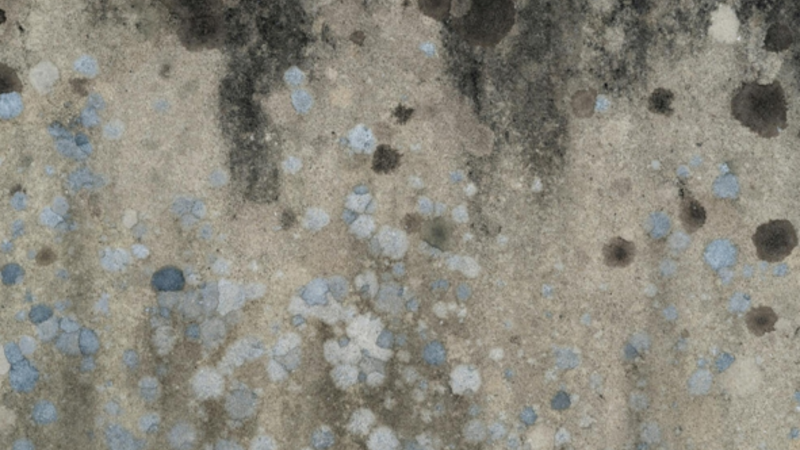Picture coming home after a tiring day, only to smell something damp and see strange spots on your walls. You might not notice it at first, but those simple patches could actually be a secret danger.
Mold in homes isn’t just ugly; it can also harm your health. Mold contact can cause anything from small allergies to serious breathing problems, so it’s something you should pay attention to. Read more!
How Mold Affects Your Health
Mold sends small germs into the air that you can breathe in without even knowing. People with allergies or asthma may experience signs like sneezing, coughing, and trouble breathing.
Even if you are healthy, being exposed for a long time can cause breathing problems or soreness in your eyes, nose, and throat. Some people might get skin spots or ongoing headaches, which shows that mold can be a hidden but serious health risk.
Common Causes of Mold Growth
Mold grows well in wet and humid places, so bathrooms, basements, and kitchens are common spots for it. Leaky pipes, roof damage, and bad air can help mold grow easily.
If your home has flooded or been damaged by water, mold can start to grow within 24 to 48 hours if the wetness isn’t taken care of. Regular home upkeep and managing air are important for preventing mold.
Preventing Mold Before It Starts
The best way to avoid the negative effects of mold is to prevent its growth altogether. Here are a few simple but effective strategies:
Control Humidity Levels
Keep indoor humidity below 60%. Use dehumidifiers or air conditioners to help regulate moisture levels.
Fix Leaks Immediately
Whether it’s a dripping faucet or a leaky roof, take care of water issues as soon as possible. Even small leaks can lead to mold growth if ignored.
Improve Ventilation
Use exhaust fans in bathrooms and kitchens. Proper airflow reduces moisture buildup and prevents mold from settling.
Clean Regularly
Wipe down damp surfaces frequently. Cleaning air vents also helps prevent mold spores from spreading.
How to Safely Remove Mold
If you see growth, stay calm! You can usually clean small mold patches (less than 10 square feet) with common home items like white vinegar or baking soda.
For big mold problems or dangerous types of mold, you may need to hire professionals to remove it. Always wear gloves and masks when cleaning mold to protect yourself from contact.
To ensure a thorough assessment of mold contamination, consider the Ermi mold test for Central Florida. This test helps determine the presence of harmful mold species and provides a clearer picture of indoor air quality.
The Long-Term Health Risks of Mold in Homes
Ignoring mold issues can cause more than just a bad smell in your home. Being exposed to something for a long time can lead to ongoing breathing problems and a weaker immune system, especially in kids and older adults.
In serious cases, harmful molds, such as black mold, can lead to symptoms like headaches, tiredness, and lasting damage to the lungs. The sooner you deal with mold, the better it is for your health and your house.
Do you want to know how to keep your home healthy and free of mold? Take a look at our other blog posts for helpful tips and information!
